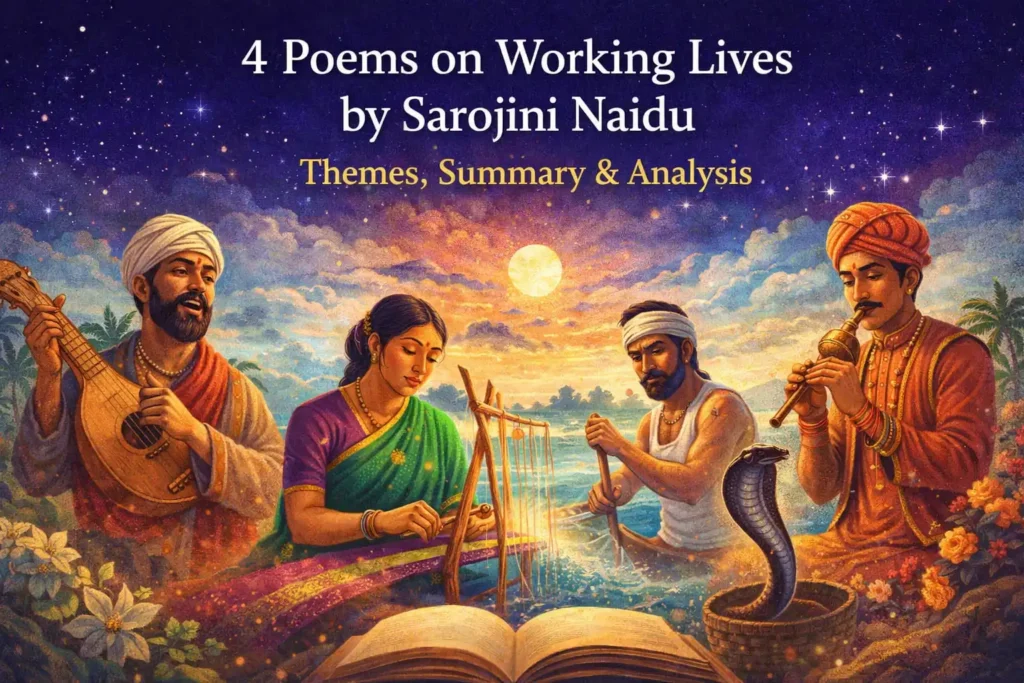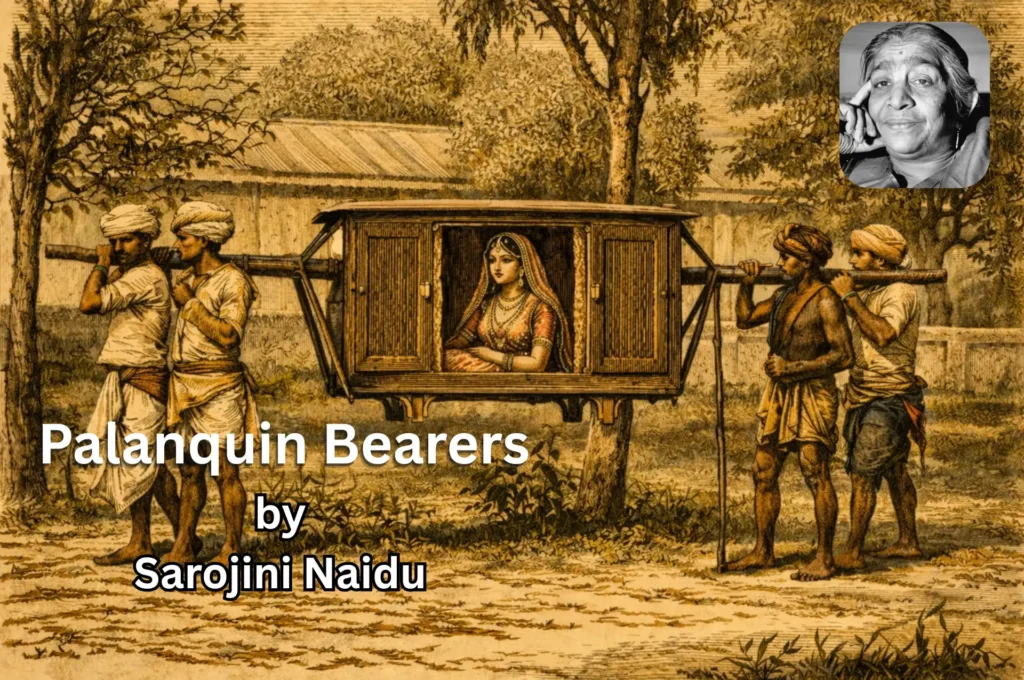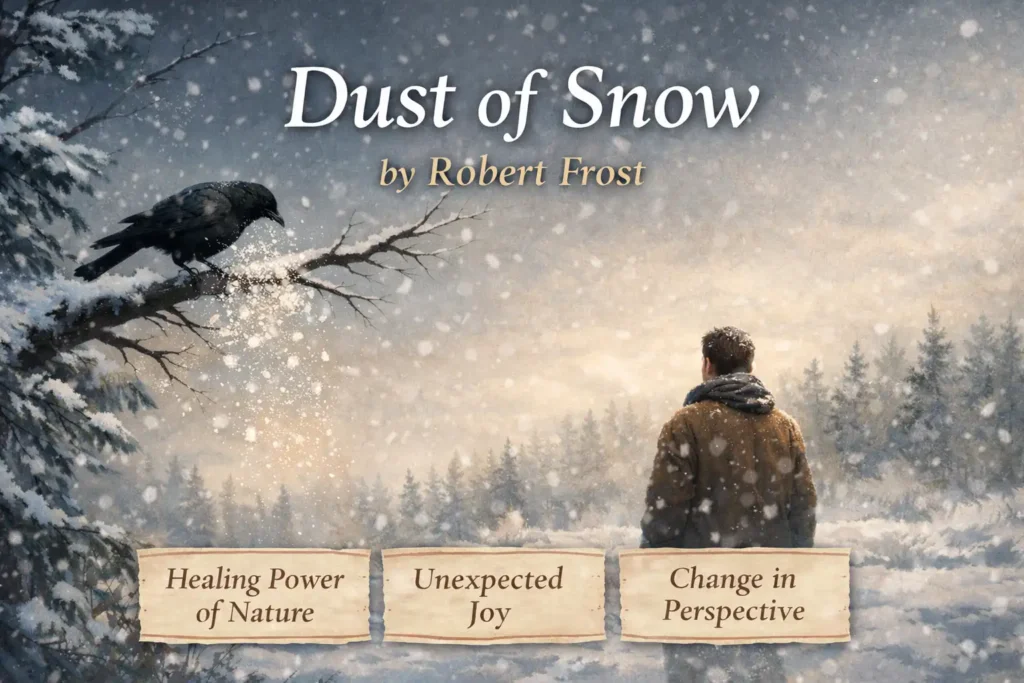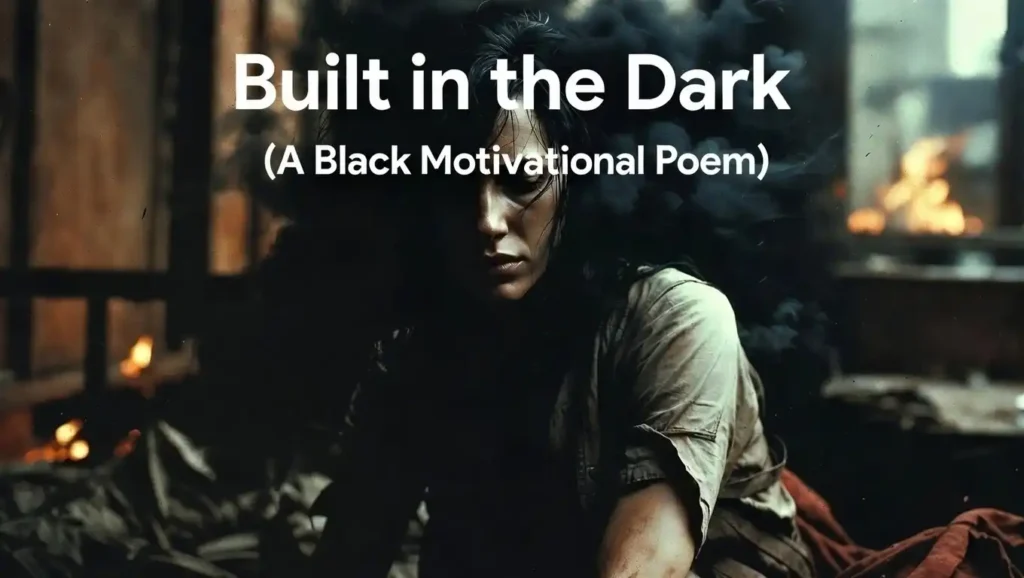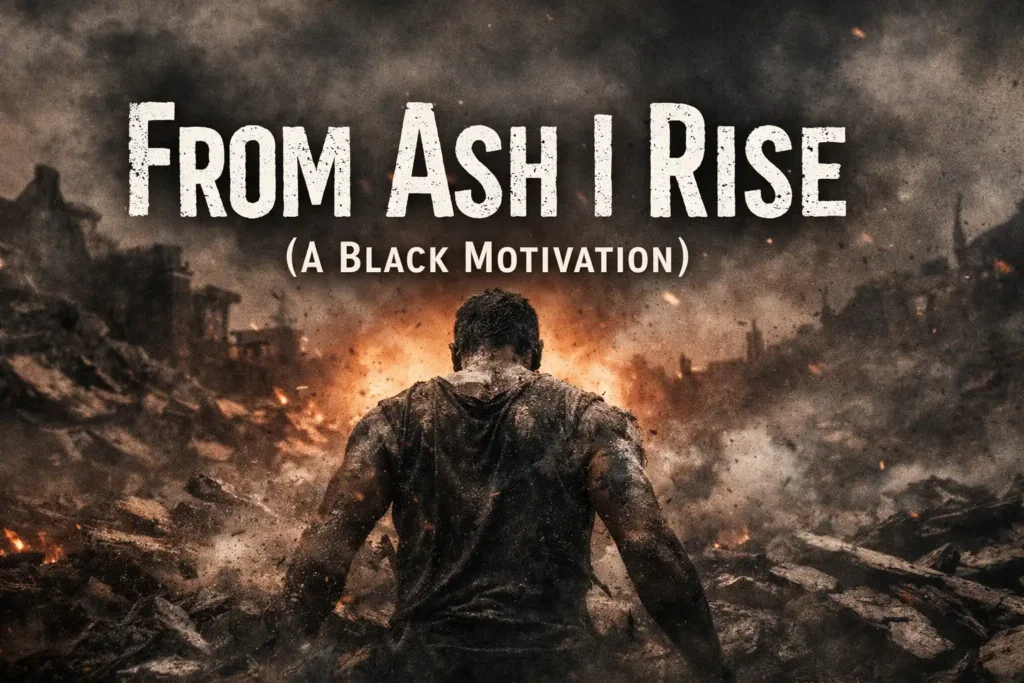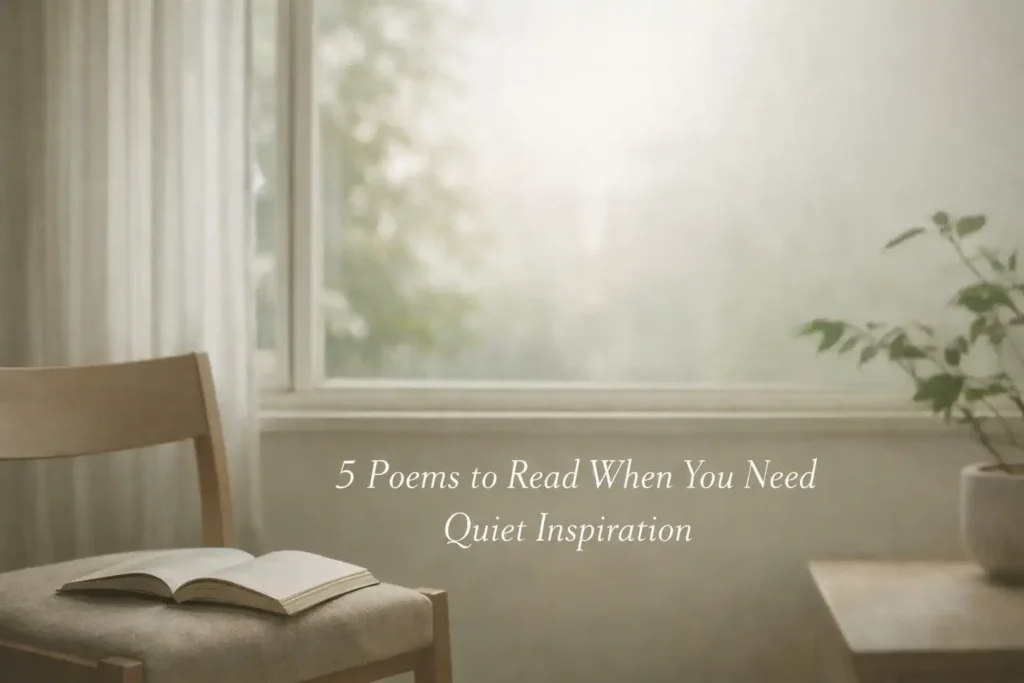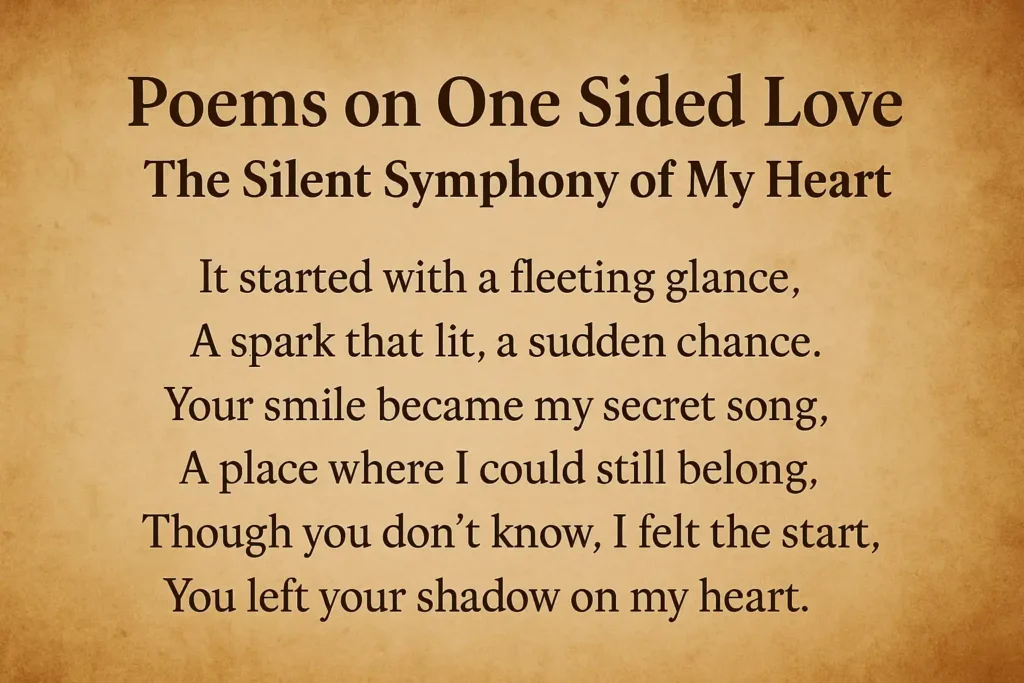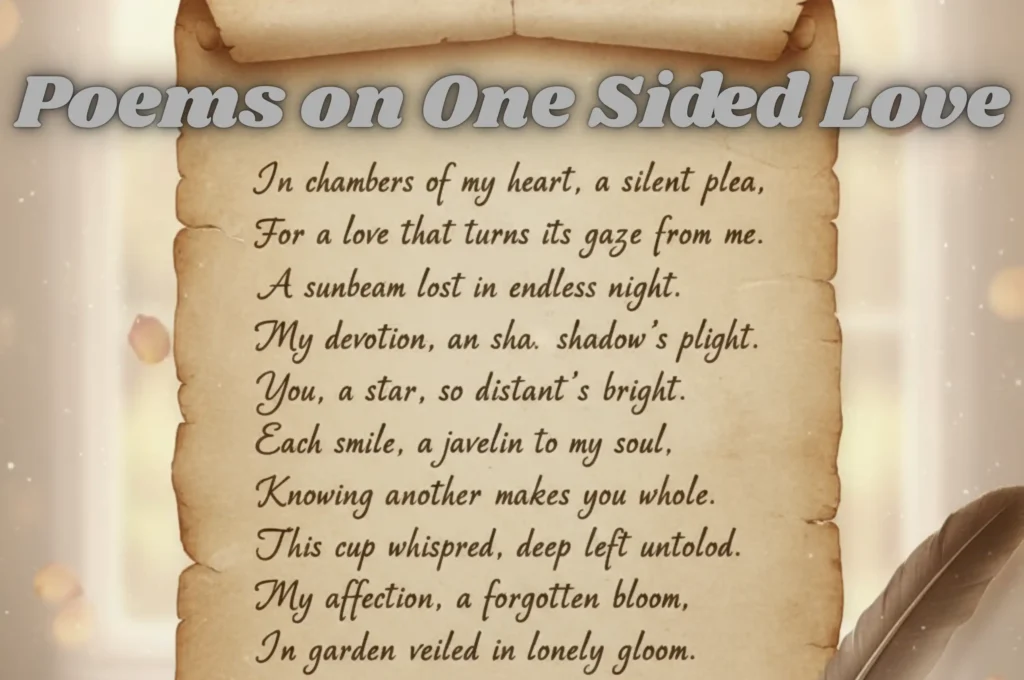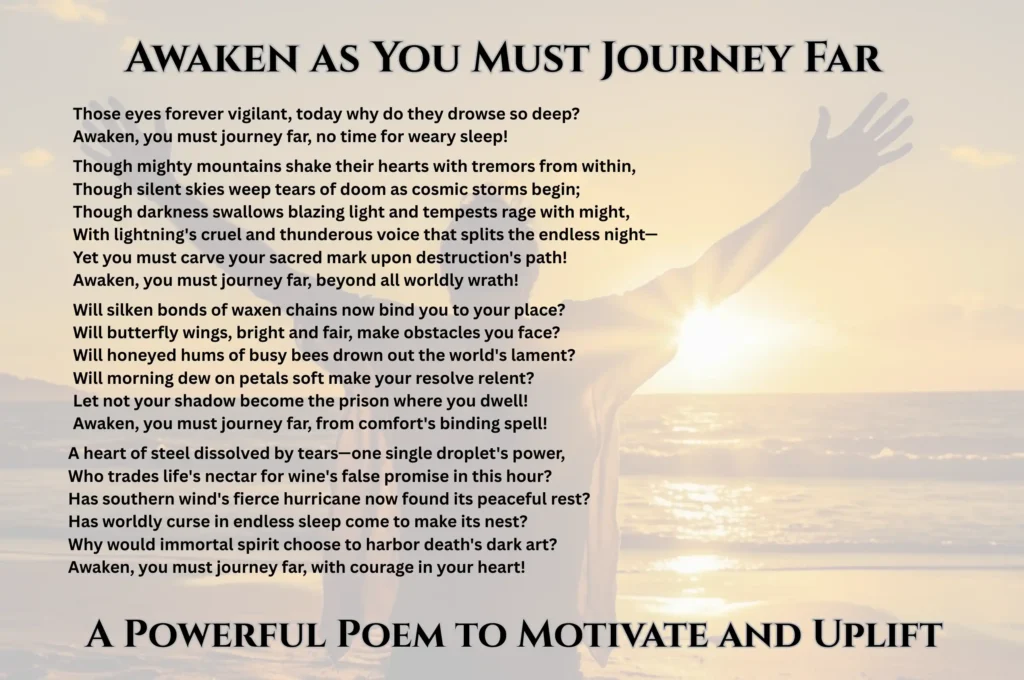Weekend Glory by Maya Angelou. Maya Angelou’s poem Weekend Glory is a celebration of the everyday joy and resilience of working-class Black women. The poem contrasts the artificiality of materialistic people with the genuine happiness the speaker finds in her simple yet fulfilling life. It highlights themes of self-sufficiency, cultural pride, and the importance of finding joy despite hardships.
Back to: List of Poets in Alphabetical Order

Table of Contents
Weekend Glory Poem
Some clichty folks
~ Weekend Glory by Maya Angelou
don’t know the facts,
posin’ and preenin’
and puttin’ on acts,
stretchin’ their backs.
They move into condos
up over the ranks,
pawn their souls
to the local banks.
Buying big cars
they can’t afford,
ridin’ around town
actin’ bored.
If they want to learn how to live life right
they ought to study me on Saturday night.
My job at the plant
ain’t the biggest bet,
but I pay my bills
and stay out of debt.
I get my hair done
for my own self’s sake,
so I don’t have to pick
and I don’t have to rake.
Take the church money out
and head cross town
to my friend girl’s house
where we plan our round.
We meet our men and go to a joint
where the music is blue
and to the point.
Folks write about me.
They just can’t see
how I work all week
at the factory.
Then get spruced up
and laugh and dance
And turn away from worry
with sassy glance.
They accuse me of livin’
from day to day,
but who are they kiddin’?
So are they.
My life ain’t heaven
but it sure ain’t hell.
I’m not on top
but I call it swell
if I’m able to work
and get paid right
and have the luck to be Black
on a Saturday night.
Line-by-Line Explanation of Weekend Glory by Maya Angelou
1. Some clichty folks / don’t know the facts, / posin’ and preenin’ / and puttin’ on acts, / stretchin’ their backs.
The poem opens with a critique of pretentious people who put on false appearances. The words “posin’ and preenin’” suggest vanity, while “puttin’ on acts” hints at inauthenticity. “Stretchin’ their backs” may symbolize arrogance or an attempt to appear more important than they are.
2. They move into condos / up over the ranks, / pawn their souls / to the local banks.
Angelou describes people who strive for upward mobility, often at great personal cost. “Pawn their souls” suggests that they sacrifice their integrity or happiness to attain financial success, becoming enslaved to bank loans and debts.
3. Buying big cars / they can’t afford, / ridin’ around town / actin’ bored.
Materialism is again criticized here. The people she describes purchase luxurious items beyond their means, yet remain unfulfilled. Their boredom indicates that material wealth does not bring genuine happiness.
4. If they want to learn how to live life right / they ought to study me on Saturday night.
Here, the speaker positions herself as an example of someone who understands true fulfillment. Unlike those obsessed with wealth, she finds joy in simple pleasures, particularly on Saturday night—a symbol of relaxation and celebration.
5. My job at the plant / ain’t the biggest bet, / but I pay my bills / and stay out of debt.
The speaker acknowledges that her job isn’t glamorous, but she values financial responsibility and independence. She finds contentment in stability rather than chasing material excess.
6. I get my hair done / for my own self’s sake, / so I don’t have to pick / and I don’t have to rake.
This line emphasizes self-care. Unlike the clichty folks who seek external validation, she maintains her appearance for herself. The mention of picking and raking might allude to avoiding the struggle of untamed hair, symbolizing her sense of control over her life.
7. Take the church money out / and head cross town / to my friend girl’s house / where we plan our round.
After handling her responsibilities (possibly including tithing to the church), she prioritizes friendship and social life, demonstrating a balance between duty and pleasure.
8. We meet our men and go to a joint / where the music is blue / and to the point.
The joint represents a community space where people gather to enjoy music, dance, and escape daily stress. The phrase “music is blue and to the point” suggests blues music—deeply emotional, direct, and reflective of real-life struggles.
9. Folks write about me. / They just can’t see / how I work all week / at the factory.
The speaker acknowledges that outsiders (likely journalists or scholars) fail to understand how she balances hard work and vibrant social life. There is an implied contrast between how society views working-class Black women and how they actually live.
10. Then get spruced up / and laugh and dance / And turn away from worry / with sassy glance.
Despite working hard all week, she finds joy in dressing up, socializing, and momentarily forgetting her troubles. The sassy glance suggests confidence and a defiant rejection of societal judgment.
11. They accuse me of livin’ / from day to day, / but who are they kiddin’? / So are they.
Critics may see her as short-sighted for focusing on the present, but she points out that everyone lives day by day—no one is truly exempt from life’s uncertainties.
12. My life ain’t heaven / but it sure ain’t hell.
She acknowledges that life isn’t perfect, but it isn’t unbearable either. There is a sense of balance and gratitude in this perspective.
13. I’m not on top / but I call it swell
Although she isn’t wealthy or powerful, she finds her life enjoyable and fulfilling.
14. If I’m able to work / and get paid right / and have the luck to be Black / on a Saturday night.
The poem ends on a note of cultural pride. The speaker finds joy in financial stability and, most importantly, in her Black identity. “On a Saturday night” implies a celebration of Black culture, community, and resilience.
Themes in the Poem – Weekend Glory
- Authenticity vs. Materialism – The poem contrasts those who chase wealth and status with the speaker’s genuine, joyful life.
- Resilience and Joy – The speaker finds ways to enjoy life despite hardships, particularly through music, dance, and social connections.
- Financial Independence – She takes pride in paying her bills and staying out of debt, valuing financial responsibility over extravagance.
- Black Identity and Community – The poem celebrates Black culture, particularly through shared experiences in music, friendship, and weekend revelry.
Conclusion – Weekend Glory by Maya Angelou
Maya Angelou’s “Weekend Glory” is a powerful affirmation of self-worth and cultural pride. The poem challenges societal notions of success, highlighting the value of joy, community, and resilience over material wealth. The speaker’s ability to work hard, find happiness, and embrace her identity makes her life meaningful—especially on a Saturday night.
Back to: List of Poets in Alphabetical Order
Explore our Literature YouTube Channels:
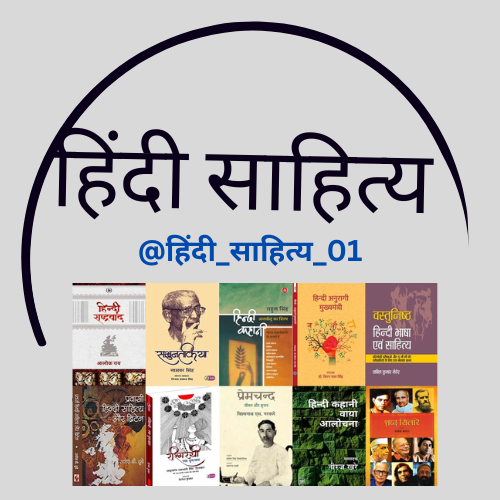
YouTube Channel Link:

YouTube Channel Link:


